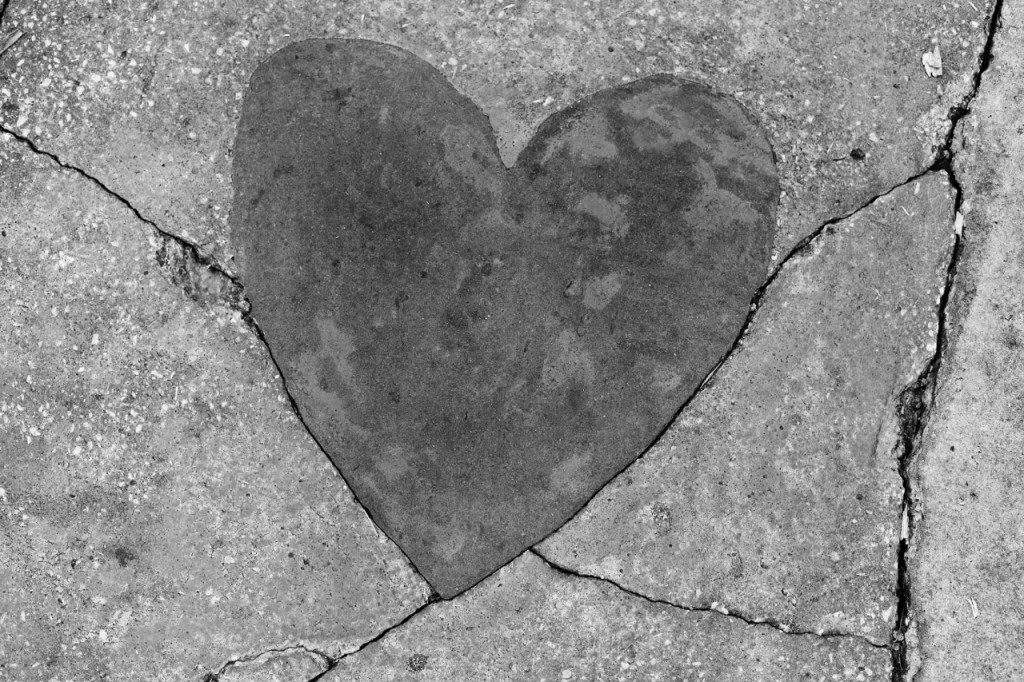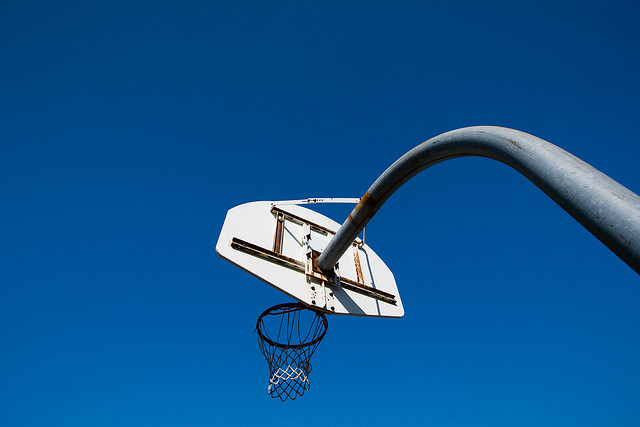
By Catherine Newman
The New York Times chastises me in a headline: “You are making your biscuits wrong.”
Seriously? There’s not enough I’m dealing with, what with everyone’s feelings about the compost bucket and the college-savings situation and the typo in my reading-series poster at work that has an event falling on the equivocal “Tursday”—I have to be scolded by a recipe?
And in the body of a different Times story: “A frittata ought not be considered a vehicle for random bits of leftovers.” Oh, ought it not? Not even last night’s home fries? Fuck you.
I have this written down as a note to myself, these two lines from the food section of the paper, and when my fourteen-year-old daughter Birdy asks me about them, I laugh and say, “They’re so judgmental. It makes me angry!”
And she says gently, confused, “Like a metaphor?”
And I say, truthfully, “I really don’t know.”
•••
In our town library’s online system, when you click the box to push back your book’s due date, a panicky little warning screen pops up: “Are you sure you wish to renew the selected item(s)?” Um, thank you for the abundance of caution, but yes. I am. On the off-chance that the continued borrowing of a book suddenly fills me with sorrow and regret, I will go ahead and return it early. Where’s that screen when you really need it, though?
“Are you sure you wish to have a third beer(s)?”
“Are you sure you wish to pick a fight with your husband because he sighed irritably while lighting the dinner-table candle(s)?”
“Are you sure you wish to pop your pimple(s) with a dirty safety pin?”
•••
Over an enchilada casserole, our seventeen-year-old Ben says, “Remember when we watched that one pregnant pig watch that other pig who was already in labor? How the pig in labor was just, like, shuddering and screaming, and the pregnant pig was just so tragically bug-eyed and afraid? So, yeah. It’s like that. ” He is describing junior year of high school.
•••
Birdy is suddenly furious about a song from Doctor Doolittle. “I’m sorry, but everyone can talk to the animals. That’s really just not that special.” A little later, she says, more curious than peeved, “Everyone’s always so sad when their goldfish dies, but it’s not like anyone’s actually happy they’re alive in the first place.”
•••
In the basement, I spray the terrible armpits of my dirty laundry with stain-remover. It foams on contact with sweat, and all of my shirts bloom into a yeasty froth like there’s anxiety embedded in the fabric, bubbling up to the surface. The spray claims to be “oxygen-based.” What does that mean? It’s made of air?
I remember once when I was pregnant and Michael was using something toxic-smelling to strip furniture inside the house. “What even is ‘denatured alcohol’?” I’d asked, and he’d said, cheerful, “I think it’s just alcohol with the nature taken out!” This was not, in fact true, hence the urgent FUMES! MAYHEM! warning I subsequently read out loud from the can.
•••
Ben muses sleepily, a propos nothing, “Being a sunscreen vendor at a nude beach. Now that’s a busy job!”
•••
My dermatologist, who is not famous for seeming human, gestures at my body to his nurse, who’s taking notes. “Moderate sun damage on the upper chest,” he says to her, and then to me, “That’s from not wearing sunscreen.”
“Ugh,” I say. “I’m sorry.”
And he says, “Oh, don’t be. I don’t care.”
I laugh. “I don’t think not caring is what you want to project. I mean, I’m sure you care.”
And he says, unsmiling, “I really actually don’t.” I raise my eyebrows and wink at the nurse, and she laughs.
•••
In my dream, I’m on the toilet, toilet paper wound anticipatorily around my fist, when I suddenly notice the spectacular sunset, the sky graduating from navy to flame. “Check out the view,” I say, embarrassed, to the crowd of people that’s approaching. As it turns out, I’m taking a dump on an exposed mountaintop.
•••
I go to the dentist with a toothache and he makes me bite on the bitey stick to determine definitively which tooth needs a root canal. It is very Little Shop of Horrors. Bite, bite, bite, PAIN—like a Jack-in-the-box, but one that jumps out and smashes an electrocuting mallet into your jaw. “Can we just, kind of, guess at it?” I say, and the dentist says, “Bite down hard.”
•••
“Oh my god!” the queer Birdy says, waving a catalogue at me. “Finally! There’s a butch American Girl doll!” Then, a minute later, peering at it deflatedly, “False alarm. I think it’s supposed to be an actual boy.”
•••
Someone emails to see if I want to go Bollywood dancing with a big group of women. I really do! I squint and squint at the names of the other people included in the invitation, at the name of the person who sent the email. I wrack my brain. I Google the name of the proposed venue. “I’m sorry,” I write. “I don’t think we know each other. And also, I think you live in Oregon!”
“Wrong person,” she writes back.
•••
Ben, eating grapes, observes, “Eating grapes is just a crazy exercise in relativity. At first you’re picking out the big firm ones. You’d never eat those wrinkly, soft ones! Then you eat the soft ones, but you’d never eat the squashed ones! And then you eat the squashed ones but just not the one squashed one that’s fully moldy. Your past perfect-grape-eating self would never believe how low you’ve sunk.”
•••
Ben asks which two animals I’d pick to accompany me if I were the sole human survivor of a zombie apocalypse. When I say, “A horse, I guess, and a cat,” he laughs and shakes his head pityingly. “I don’t think you’re very familiar with zombie apocalypses.”
•••
I say, “Okay,” after my gynecologist asks how I am, and she frowns, stands up, wraps her arms around me.
“Just okay?” A minute later she says, from beneath my left breast, “Hello! Who’s this little dangly little friend?” It’s a skin tag. “Lose or keep?” she asks, then snips it off when I answer.
“I hadn’t realized this appointment was going to be the best part of my day,” I say truthfully.
•••
The kids explain to me what a Skittles party is: prescription pills mixed up in a bowl, and you dip in, swallow whatever. “We should have a homeopathic Skittles party!” Ben says. “Probiotics, fish oil, Rescue Remedy. Everyone can just placebo themselves into a frenzy.”
•••
“Pew!” we cry, then lean in to inhale more deeply when the cats yawn their stinking yawns.
•••
While I’m putting dinner on the table, my family offers an impromptu but detailed critique of the leftover noodle kugel I’m serving. They’re very cheerful and enthusiastic about it. Michael doesn’t like the cottage cheese! Birdy, much to her own surprise, turns out to dislike pineapple in this context, even though she usually loves it! Ben’s just not a real fan of the eggy texture! They wait politely for me to finish serving them before they eat. I am wearing an actual apron. “Bon appetit, motherfuckers,” I say, and they laugh, dig in.
•••
In my dream, my dead friend Ali is alive after all and calls me from hospice. “You haven’t visited me in ages!” she says, and I say, “Oh my god! I’m so sorry. I thought you were actually… uh. … not receiving visitors.” Her husband dreams that he’s sneaking a cigarette in the backyard and she is suddenly standing in the doorway. “Oh!” he says, hiding the cigarette behind his back. “I didn’t expect to see you!”
“Can we just dream that she’s alive and it’s good?” I ask him, and he says, “I don’t think so.”
•••
Ben, who shares my car, has put gas in the tank. It’s like a valentine. When I see the needle point to “full,” I burst into grateful tears. “You filled my tank!” I cry, when I see him, and he smiles and says simply, “I did.”
•••
CATHERINE NEWMAN is the author of the recently published kids’ books One Mixed-Up Night (a middle-grade novel) and Stitch Camp (a teen craft book she co-wrote with her friend Nicole), as well as the memoirs Catastrophic Happiness and Waiting for Birdy. She lives in Amherst, Massachusetts, with her family.

 Follow
Follow




